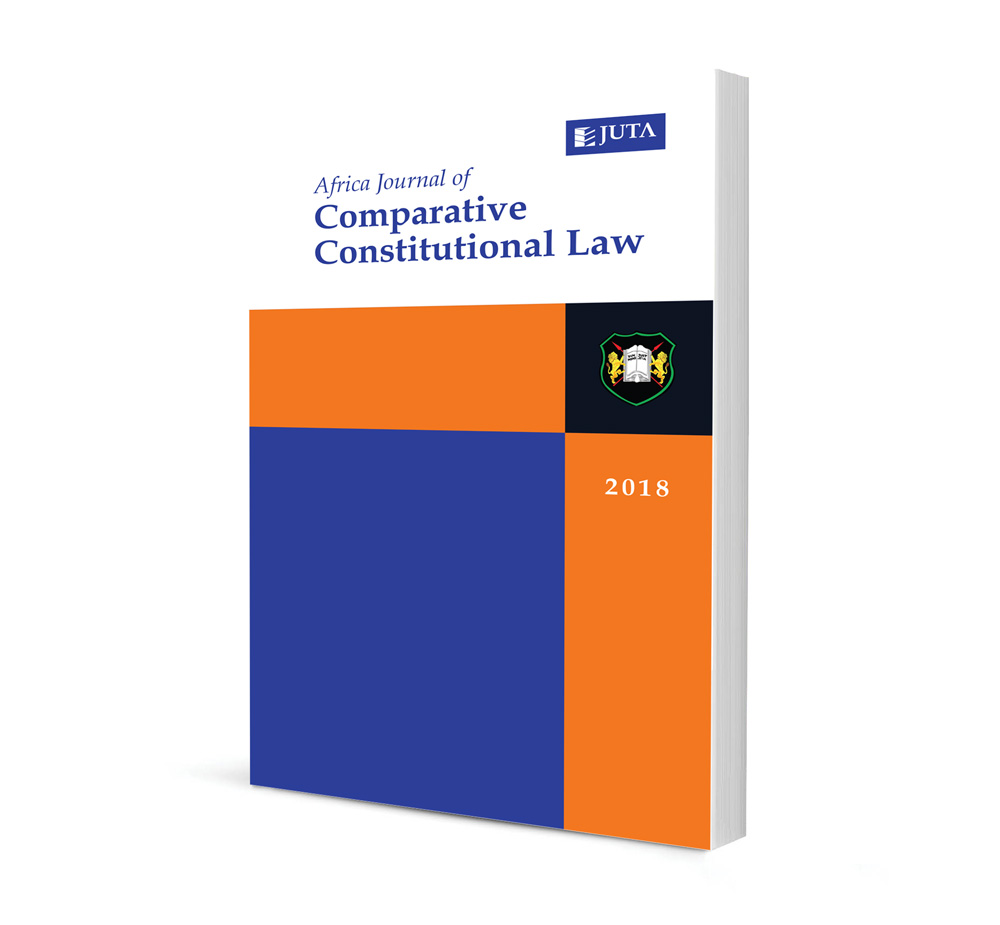
Constitutional Dilemmas in the Recovery of Corruptly Acquired Assets in Kenya: Strengthening Judicial Assault on Corruption
Authors Tom Kabau
ISSN: 2521-5434
Affiliations: Senior Lecturer at the School of Law, Jomo Kenyatta University of Agriculture and Technology
Source: Africa Journal of Comparative Constitutional Law, 2016, p. 23 – 57
Abstract
Despite widespread incidences of corruption in Kenya, obtaining evidence for the prosecution of offences relating to the vice is highly problematic. As a response to such challenges, the possession of unexplained assets, which is categorised as illicit enrichment in international legal instruments, creates a presumption of corrupt conduct by virtue of section 55 of the Anti-Corruption and Economic Crimes Act (ACECA). On that basis, ACECA shifts the burden of proof to the subject person, requiring him to demonstrate that the property was obtained lawfully. Whilst section 55 of ACECA provides that such court proceedings are of a civil nature, their linkage with criminal prosecution is extremely high, a fact that Kenyan courts seem to take into account while interpreting the scope of the right to a fair trial in such cases. Unexplained assets recovery proceedings are often challenged in court on allegations of violation of the constitutional right to a fair trial, especially the presumption of innocence, and the right against self-incrimination, which are categorised as absolute entitlement under the Constitution. However, widespread corruption erodes accountability, undermines the rule of law and, therefore, establishes conditions in which even the right to a fair trial cannot be realised. It is on that basis that the article posits the view that courts should interpret the reversal of burden of proof in unexplained assets recovery proceedings, and the utilisation of the evidence obtained in subsequent criminal prosecution for corruption, as operating within the parameters of the right to a fair trial. Such an interpretative approach may facilitate institutionalisation of accountability in public institutions, including in the Judiciary, and therefore guarantee all Kenyans the right to a fair trial.